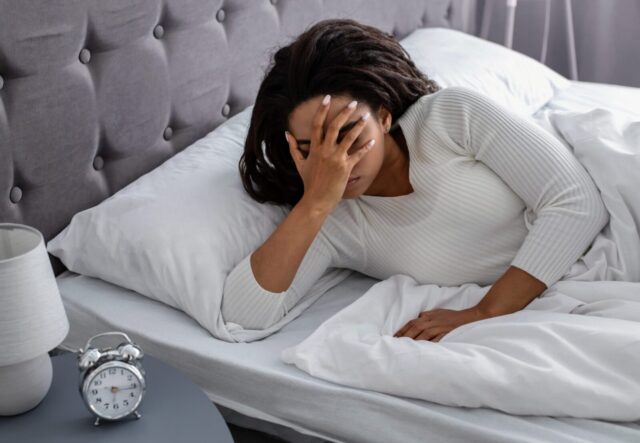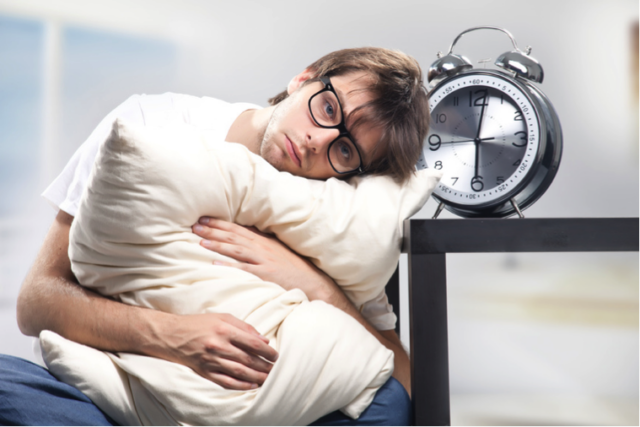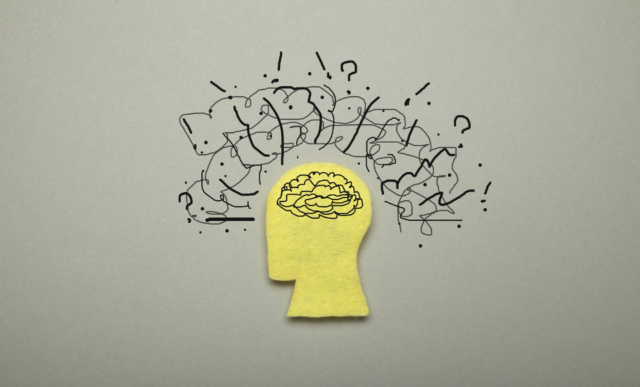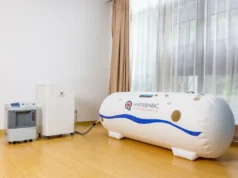
Sleep is the cornerstone of good health and well-being, yet many of us struggle to catch those much-needed z’s. With the hustle and bustle of modern life, sleep disorders and difficulties have become increasingly prevalent, affecting millions worldwide. This blog post delves into the common roadblocks that prevent us from falling asleep and offers practical solutions to overcome them. From stress and anxiety to poor resting hygiene, we’ll explore how to tackle these issues head-on. Our goal is to help you achieve the restful night’s rest you deserve, enhancing your overall quality of life.

Stress and Anxiety
Stress and anxiety are notorious for keeping people awake at night, turning what should be a peaceful time into a period of worry and restlessness. The key to managing these feelings is finding ways to relax before bedtime. Techniques such as deep breathing exercises, progressive muscle relaxation, or mindfulness meditation can significantly reduce stress levels, making it easier to fall asleep. Establishing a pre-rest routine that includes such practices can signal to your body that it’s time to wind down, paving the way for a more restful night.
Physical Discomfort
Physical discomfort, whether from pain, an uncomfortable mattress, or pillows, can significantly hinder your ability to fall asleep. Investing in a high-quality mattress and pillows that support your body can make a considerable difference. Additionally, addressing any underlying pain issues with a healthcare provider can help ensure that physical discomfort doesn’t stand in the way of a good night’s rest. Ergonomic sleep accessories, like body pillows for side sleepers or knee pillows for those with back pain, can also provide targeted relief, further enhancing sleep quality and comfort. This is why you need to visit Turmerry and check out what they offer in this department.

Poor Sleep Environment
The environment in which you sleep plays a crucial role in how easily you can fall asleep. An optimal rest environment is cool, dark, and quiet, mimicking the natural conditions our bodies prefer for sleep. Consider using blackout curtains, earplugs, or white noise machines to block out disturbances. Additionally, ensure your bedroom is used primarily for rest and intimacy, creating a mental association that helps trigger sleepiness upon entering the room. These simple changes can make a significant difference in your ability to fall asleep quickly.
Screen Time
In today’s digital age, screens are a significant part of our lives, but their blue light emission can disrupt our natural sleep-wake cycle. Blue light inhibits the production of melatonin, the hormone responsible for regulating rest, making it harder to fall asleep. To combat this, limit screen time at least an hour before bed and utilize blue light filters on your devices. Alternatively, consider replacing screen time with a calming activity like reading a book, which can help prepare your body for rest.

Caffeine and Stimulants
Caffeine and other stimulants have a profound impact on sleep quality. These substances can remain in your system for hours, keeping you alert and awake when you should be winding down. To avoid this, steer clear of caffeine and stimulants in the late afternoon and evening. Opt for herbal teas or warm milk, which can have a soothing effect and help signal to your body that it’s time to rest.
Irregular Sleep Schedule
An irregular sleep schedule can wreak havoc on your body’s internal clock, making it difficult to fall asleep at a consistent time. To counteract this, try to go to bed and wake up at the same times every day, even on weekends. This regularity helps to establish a rhythm, making it easier for your body to know when it’s time to rest and when it’s time to wake, improving your overall sleep quality.

Poor Sleep Hygiene
Sleep hygiene refers to the habits and practices that are conducive to sleeping well on a regular basis. Improving your rest hygiene can be as simple as establishing a calming pre-bedtime routine, avoiding naps late in the day, and ensuring your bedroom is a sanctuary for sleep. These practices can significantly enhance your ability to fall asleep quickly and enjoy uninterrupted rest. Additionally, limiting exposure to stimulating activities or stressful conversations before bedtime can further improve your rest environment, making it easier to unwind and fall asleep.
Unhealthy Habits
Unhealthy habits like smoking or excessive alcohol consumption can disrupt your rest cycle, leading to difficulties falling asleep. Nicotine and alcohol can interfere with the natural sleep process, reducing the quality of your rest. Making lifestyle changes, such as quitting smoking and limiting alcohol intake, can have a profound impact on your rest quality and overall health. Incorporating a balanced diet and regular exercise into your routine can also support better rest by promoting overall physical well-being and reducing stress levels.

Overactive Mind
An overactive mind is a common culprit behind sleepless nights, as it can be challenging to relax and drift off to rest when your thoughts are racing. Techniques such as journaling to offload your thoughts before bed or practicing meditation can help quiet the mind and prepare your body for sleep. Establishing a routine that includes these practices can be incredibly beneficial for those struggling to turn off their brains at night. Additionally, engaging in a relaxing activity, such as reading or listening to soothing music, can further calm the mind and facilitate the transition to rest.
Underlying Medical Conditions
Certain medical conditions, such as sleep apnea or restless leg syndrome, can interfere with your ability to fall asleep or stay asleep. If you suspect that a medical condition is affecting your rest, it’s crucial to seek a professional evaluation and treatment. Addressing these underlying issues can significantly improve your rest quality and overall health. Often, simple interventions like using a CPAP machine for sleep apnea or taking magnesium supplements for restless leg syndrome can provide substantial relief, underscoring the importance of medical advice in resolving sleep disturbances.

Conclusion
The journey to a restful night’s sleep can be fraught with obstacles, but understanding these common roadblocks and how to overcome them is the first step towards better rest. By experimenting with different solutions and making necessary lifestyle adjustments, you can find what works best for you. Remember, if sleep difficulties persist, seeking professional help can provide the support and guidance needed to achieve the quality rest you deserve.









